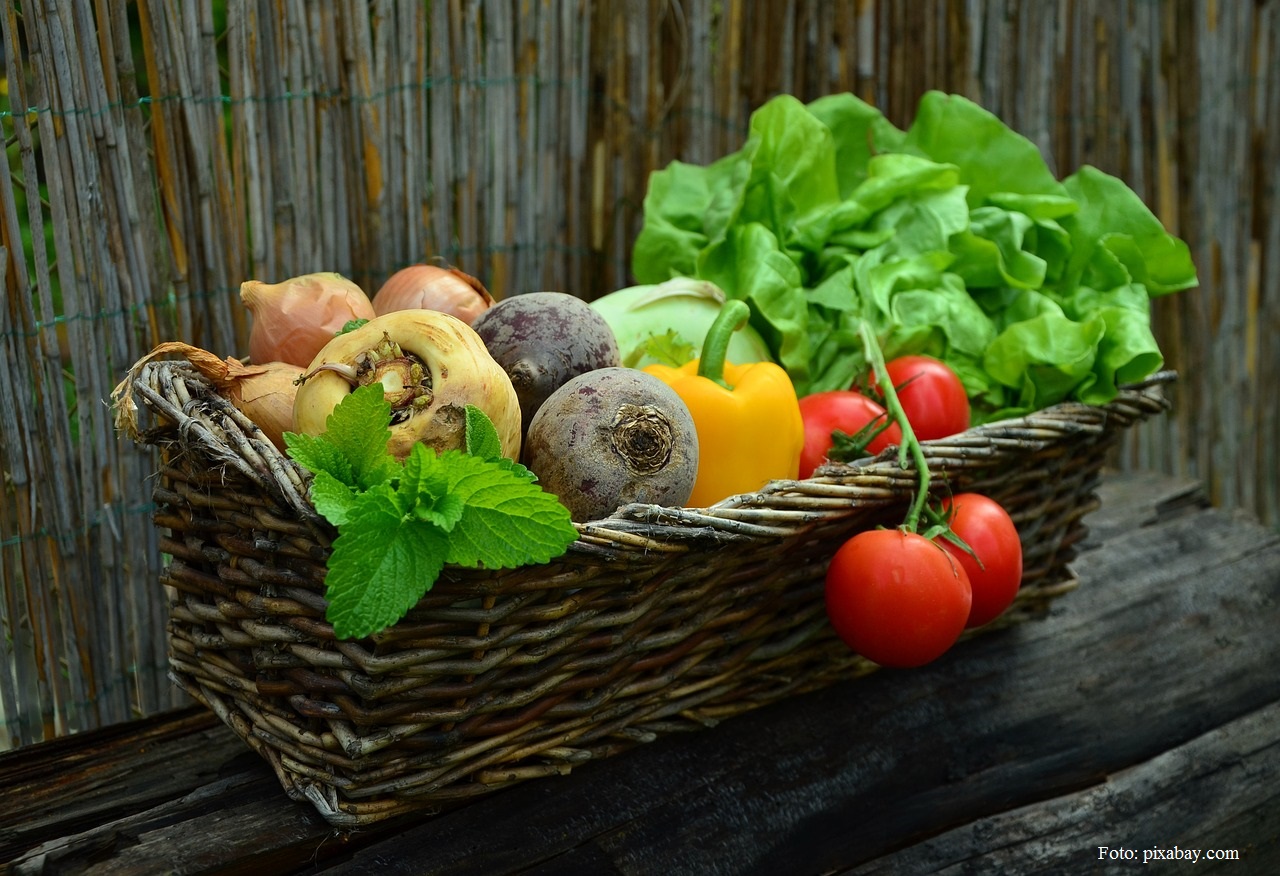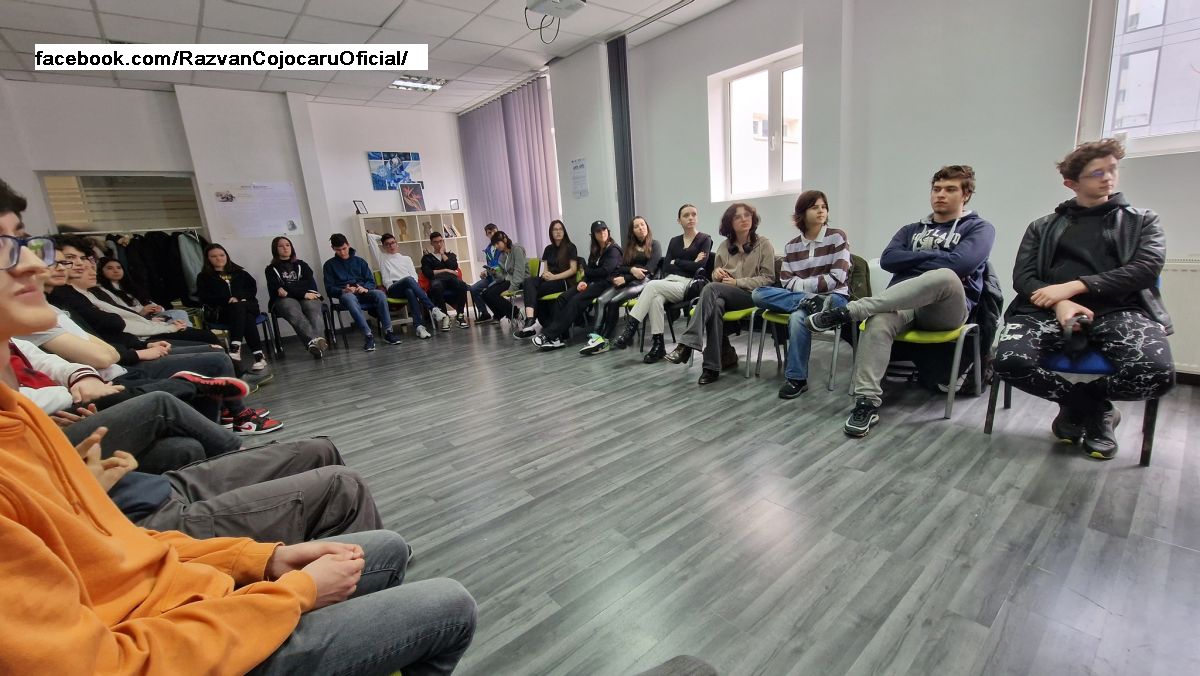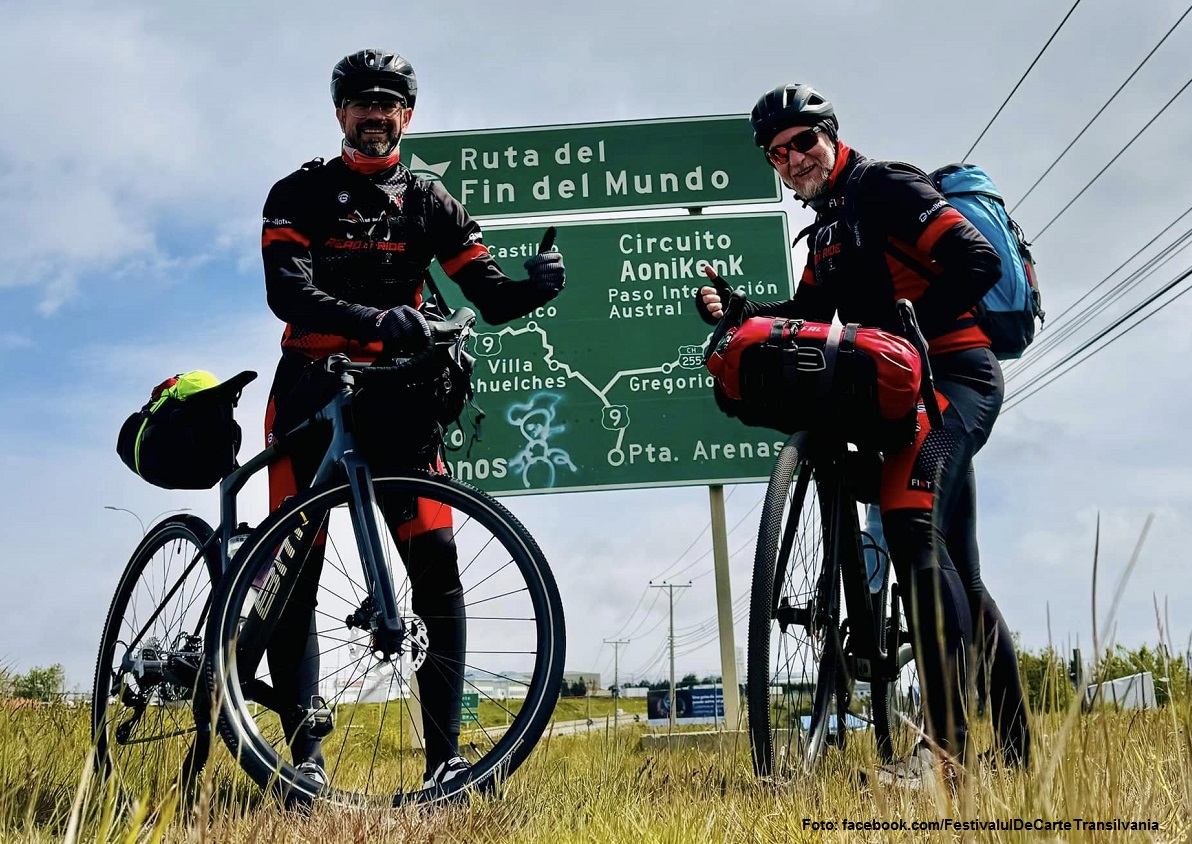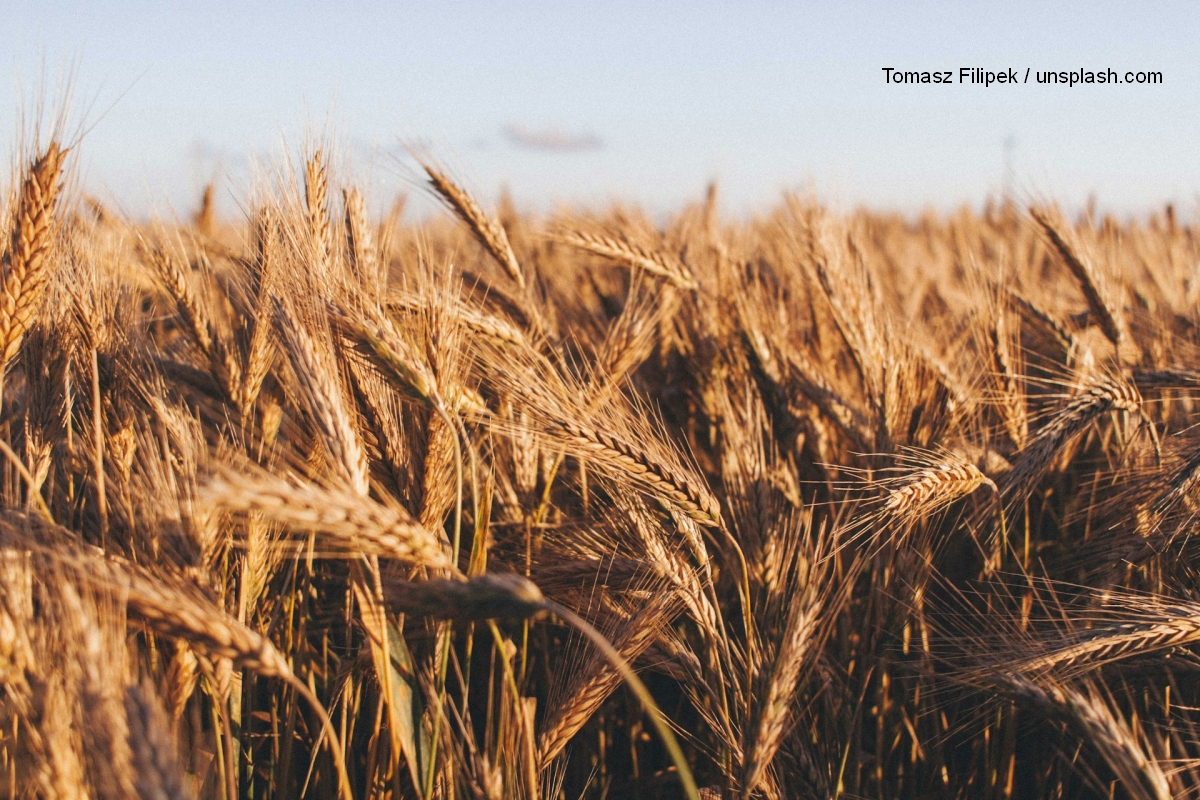READ FORWARD and the Green Lesson
At the Bookfest International Book Fair held in Bucharest, among the stands of classical publishers, filled with colourful and attractive books, one was standing out.
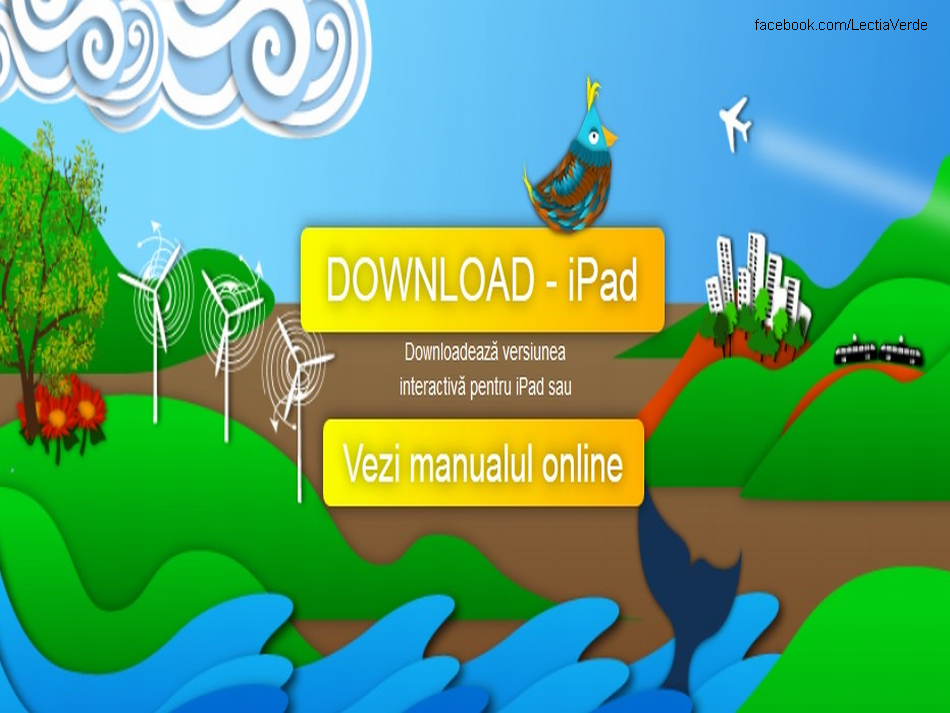
România Internațional, 22.09.2013, 12:41
At the Bookfest International Book Fair held in Bucharest, among the stands of classical publishers, filled with colourful and attractive books, one was standing out. It only had a few chairs, several framed images on the walls and a round table with four tablets on it. Every one displayed something different: an application, an animated story, a famous novel in an improved electronic version with exceptional graphic elements, and an interactive textbook on environmental studies, called “The Green Lesson.” The stand belonged to Read Forward publishing house, which specialises in culture digitisation. Cristian Dinu, one of the founders of the publishing house, explains why such an institution was needed:
“Technology as a whole has advanced tremendously these past few years, and culture was somehow left behind. There are new means for us to express humanist ideas, culture in general, and we set up this company in order to be able to fully devote our time to this mission. It’s not only the classical cultural areas of theatre, literature and film, but also an area that is very important for us: education. Education, in general, is still tied to a system that was put together some 200 years ago and addressed a new type of society, the industrial society. Unfortunately, this means of presenting information to students is no longer in line with today’s world. We no longer need people able to carry out a set of operations on a machine. What we need today is inventiveness and creativity, in a society that no longer relies on industry, but on knowledge and information. In today’s knowledge-based society, those who succeed are the ones who find new means to solve problems, and not those who have the strongest muscles.”
Cristian Dinu and his business partner Paul Balogh started by adapting books to Android and iOs-compatible formats, for smart phones and tablets. Dinu says the existing technology already allows the transfer of books to more formats than classical paper:
: “We started with children’s books. We sought to separate books from their physical support. There are certain types of books that have found their most appropriate form, and it is not paper. An encyclopaedia or a dictionary is very well suited for the Internet. I don’t believe anyone can publish a paper-based dictionary nowadays that can be as popular as an online dictionary. I don’t think any encyclopaedia could rival Wikipedia. These are two types of works that have found a better place for themselves in the digital world. Travel guides are also better in a digital format. A paper travel guide can offer you a map for the place you want to visit. But you cannot add new texts on it, if, for instance, there’s a new restaurant in Paris or Geneva. You can do this, however, in an application. Our goal is not simply to replace a book with an audiobook or a .pdf file. We try to bring literary characters to life, we try to do a lot of wonderful things with our applications.”
The step from children’s books to primary school textbooks came naturally. The “Green Lesson” is the first digital textbook endorsed by the Romanian Education Ministry, says Cristian Dinu:
“We released it in late March, and the textbook has been downloaded several thousand times since then, according to our statistics. It is free of charge on all platforms, and it can be browsed online, too.”
Last autumn the National Education Ministry announced plans to replace classical textbooks with digital ones, to be accessed on e-book readers or tablets purchased on European money. Some parents expressed concerns that tablets may not be safe for children, and that Internet access has its dangers. Cristian Dinu argues that there are no reasons for concern:
“Tablets may be helpful or harmful, it all depends on how they are used. Too much of any good thing may harm you, so this is true for tablets as well. The good thing is that tablets provide controlled content. It’s like an enclosed garden where children are quite safe. All operating systems have these options, and we use them as well. Some applications are safe for children use, especially when supervised by parents. There are strict parental controls on tablets, which can restrict web surfing and the access to inappropriate content.”
The first compulsory digital textbooks should reach Romanian classrooms next autumn.

